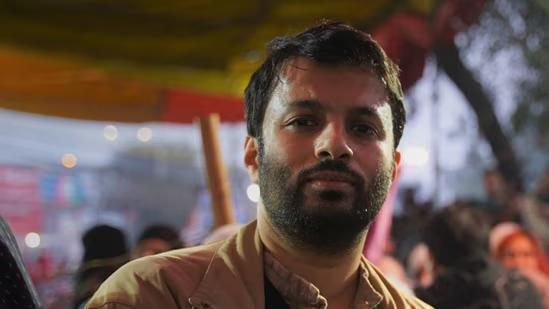
You Don’t Need Him, Need Dictionary: SC to SIT in Professor Case
The Supreme Court’s latest response to the Special Investigation Team (SIT) probing Ashoka University professor Ali Khan Mahmudabad’s controversial posts on Operation Sindoor has left many wondering about the nuances of the legal process. In a recent hearing, the court was asked by the state’s counsel if Mahmudabad could be summoned again for questioning, to which the court responded with a witty remark, “You do not need him, you need a dictionary.”
The SIT was formed to investigate Mahmudabad’s social media posts, which were deemed offensive and allegedly hurt the sentiments of certain communities. The professor’s posts were widely criticized, and he faced backlash from many quarters. The SIT was constituted to probe the matter, and it is likely that the professor will be questioned again in the future.
However, in the recent hearing, the court seems to be hinting that the SIT may not need to summon Mahmudabad again. The court’s response suggests that the investigation has reached a stage where the professor’s testimony is not necessary to proceed further. This raises several questions about the purpose of summoning the professor in the first place.
One possible interpretation is that the court is trying to convey that the SIT should focus on gathering concrete evidence rather than relying on the professor’s statements. In many cases, investigators rely heavily on witness testimony to build their case, but the Supreme Court’s response suggests that this approach may not be necessary in this particular case.
Another possibility is that the court is trying to convey that the SIT is overstepping its boundaries by seeking to summon the professor again. The court’s response could be seen as a warning to the SIT to avoid unnecessary and invasive investigation methods. In this scenario, the court’s remark is a reminder that the investigation should be carried out in a manner that is fair, reasonable, and proportionate to the alleged offense.
However, there are also those who see the court’s response as a sign of the increasing tendency of the judiciary to intervene in the investigation process. Some have argued that the court’s comment is an attempt to undermine the SIT’s authority and undermine the investigation. According to this view, the court’s response is an example of judicial overreach, and it could potentially hinder the investigation’s progress.
It is also worth noting that the court’s response has sparked a heated debate about the role of the judiciary in the investigation process. Some have argued that the court’s intervention is necessary to ensure that the investigation is fair and unbiased, while others have argued that the court’s involvement is unnecessary and could potentially compromise the investigation.
In conclusion, the Supreme Court’s response to the SIT’s request to summon Professor Ali Khan Mahmudabad again has raised several important questions about the investigation process. While the court’s remark may seem witty and humorous, it also highlights the complexities and nuances of the legal process. As the investigation continues, it will be interesting to see how the SIT proceeds and whether the court’s response has any impact on the outcome.






